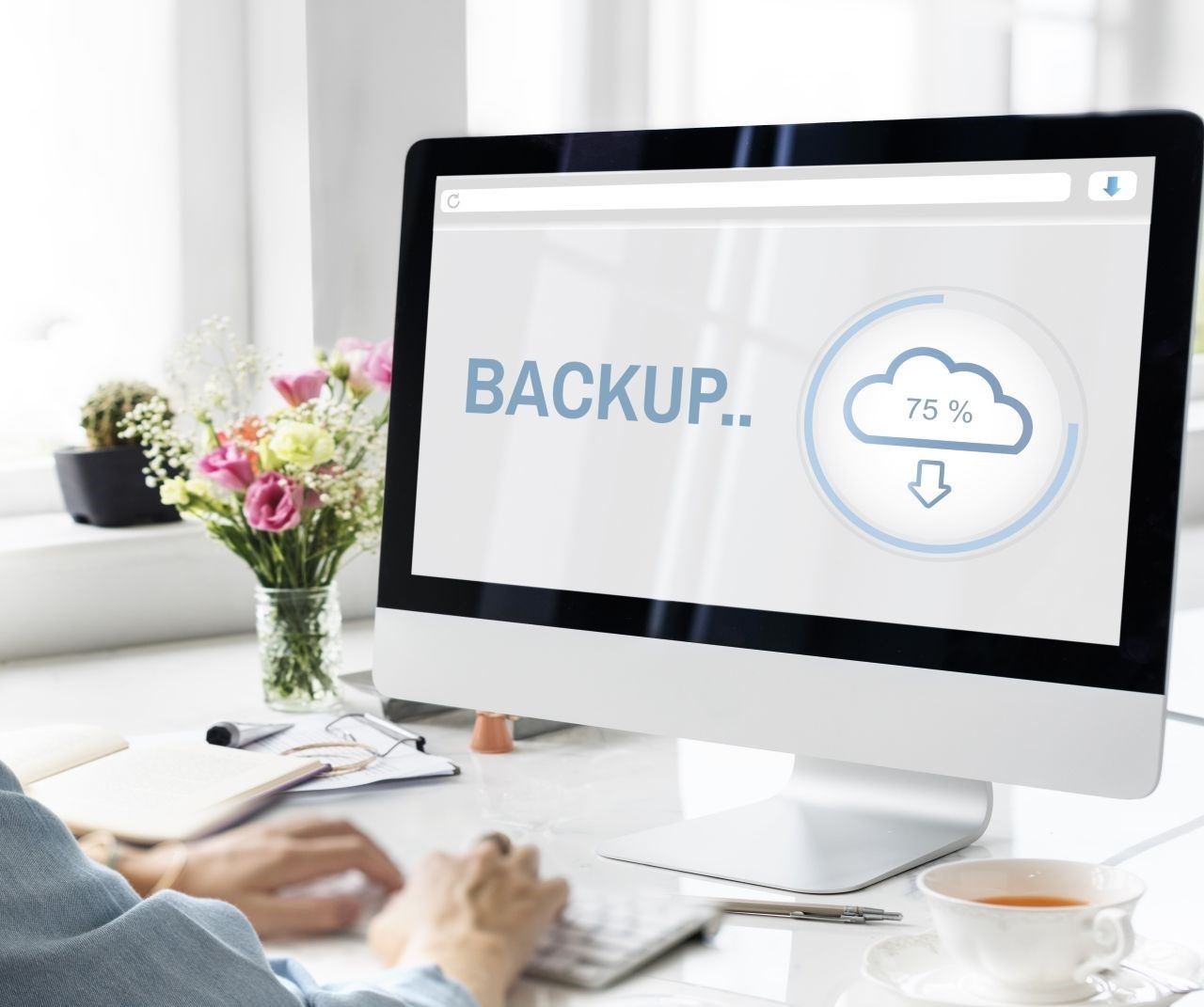
Blog
Effective backup strategies for small businesses
As a small business owner, you get to wear several hats, and I guess that data backup isn't too high on your priorities list. And yet, several recent studies have demonstrated that most companies aren't prepared for data loss. According to Small Business Trends, close to 150,000 hard drives fail in the U.S. each week. The same source states that 60% of companies which lose their data will shut down within the next six months. Yeah, the problem is THAT serious. So, what can you do about it?

First, you should know that we've got lots of backup options these days. You could back up the data locally, on the network server, but that data set would become useless in case that your computers are vulnerable to hacker attacks, for example. This doesn't mean that you shouldn't store the data locally, of course, but don't make this your main backup solution.
Most SMBs keep their data on external hard drives. It's a slightly safer solution; it won't work if your network is taken over by ransomware, which will encrypt all the files on all the drives, thus rendering your external disk useless.
You can also store the data off-premises (read "in the cloud"); that's what most companies do these days. This way, you won't have to worry about hackers, remote O.S. patches, and so on; the cloud service provider will solve all these problems for you. Cloud-based backup services are often more secure, but not perfect, so we always recommend using a hybrid system, which stores the data locally and in the cloud.
What data should be backup up? Save everything you've got, if you can. I'm not talking just about company data here, but about all the applications, their installation DVDs, system images of the disks where the operating systems are installed... In a nutshell, save every bit of information! By doing this, you should be able to restore all the data quickly when disaster strikes, and this is crucial in the www world, where customers expect an online store to be available 24x7, for example.
However, you should be aware of the fact that hot cloud-based storage space can be expensive. If you choose a cold online storage system, you may need to wait for a few days until your data can be retrieved, and this isn't an acceptable solution for many entrepreneurs.
So, if your company utilizes large amounts of data, you could use a NAS (Network-Attached Storage) device, which connects straight to your network and can have a storage capacity of up to 200 TB, to store the data locally. That's more than enough for most companies, unless you are running a video editing business. If you want to save 100 TB of data to the cloud, it's going to cost you quite a bit, and most small business owners don't want to invest too much money into their backup solutions – until it's too late! In this case, the best solution is to have all the data saved locally and the essential company data to a hot cloud-based drive.
It's true that even if you save all the data to the cloud, your backups may be useless if you aren't keeping several data sets. Therefore, you shouldn't overwrite previous files; use a solution that keeps 3-4 recent copies and deletes the older ones.
Let's assume that you've got the ideal backup system in place: you store a copy of the company data locally, you've got a second copy on an external drive at another location and the third copy is saved in the cloud. (That's what we always recommend to our clients, btw).
Your system will be useless if it doesn't work flawlessly, so make sure to test it thoroughly. Just try to recover random files and folders, wipe out a local machine, and then try to recreate it using a backed-up system image, and so on. Try to break the system by doing all sorts of weird things; retrieve files while a backup operation is in progress, for example. Pat yourself on the back if everything works as expected; still, don't forget to run tests like these at least twice a month. I know it's a lot of work, but we're here to help, in case that you value your time.